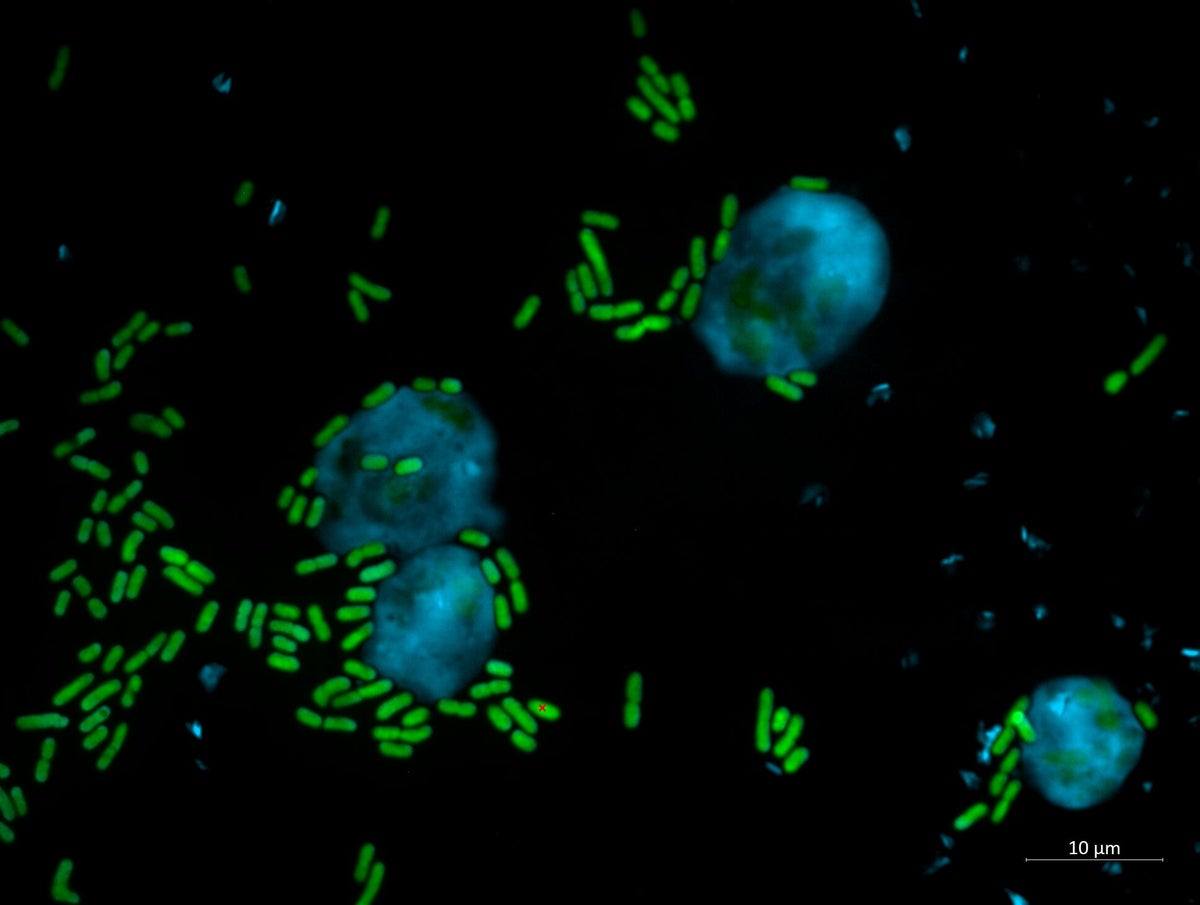
A natural antimicrobial product named after Hollywood actor Keanu Reeves is effective against fungi that cause diseases in both plants and humans, according to a new study.
The research, published recently in the Journal of the American Chemical Society, describes how the natural product group of “Keanumycins”, produced by the bacteria of the genus Pseudomonas, works against plant pests.
Researchers, including those from the Leibniz Institute for Natural Product Research and Infection Biology in Germany, say the group of molecules “kill so efficiently that we named them after Keanu Reeves because he, too, is extremely deadly in his roles”.
Scientists have shown that the Keanumycins work “effectively” against the plant pest Botrytis cinerea which triggers gray mold rot and causes immense harvest losses every year.
Previous research has shown that this mold rot can cause immense harvest losses in fruit and vegetable cultivation every year, affecting over 200 different types of fruit and vegetables, especially strawberries and unripe grapes.
Studies have also found that the active ingredient in the Keanumycin molecules can inhibit the growth of fungi dangerous to humans like Candida albicans.
This group of molecules, the study says, can be an “environmentally friendly alternative” to chemical pesticides, and may also offer an alternative in the fight against drug-resistant fungi.
“Many human-pathogenic fungi are now resistant to antimycotics (antifungal) – partly because they are used in large quantities in agricultural fields,” study co-author Sebastian Götze said in a statement.
Researchers have been analysing the effects of compounds from bacteria of the genus Pseudomonas and have found that many of these bacterial species are “very toxic” to amoeba that feeds on bacteria.
In the genome of the Pseudomonas bacteria, scientists have now discovered genes for the newly discovered Keanumycin group of products labelled A, B, and C.
These natural products, they say, belong to a class of lipopeptide molecules that have “soap-like properties”.
Scientists found that Keanumycin was effective against gray mold rot on hydrangea leaves, suggesting the natural product could potentially be an environmentally friendly alternative to chemical pesticides.
“Theoretically, the Keanumycin-containing supernatant from Pseudomonas cultures could be used directly for plants,” Dr Gotze says.
When researchers tested isolated substances from the natural product against fungi that infect humans, they found that it “strongly inhibits” the pathogenic fungus Candida albicans.
The latest findings, scientists say, shed more light on the mode-of-action of this potential natural product lead, and may potentially “aid the development of new pharmaceutical and agrochemical antifungals.”

.png?w=600)





